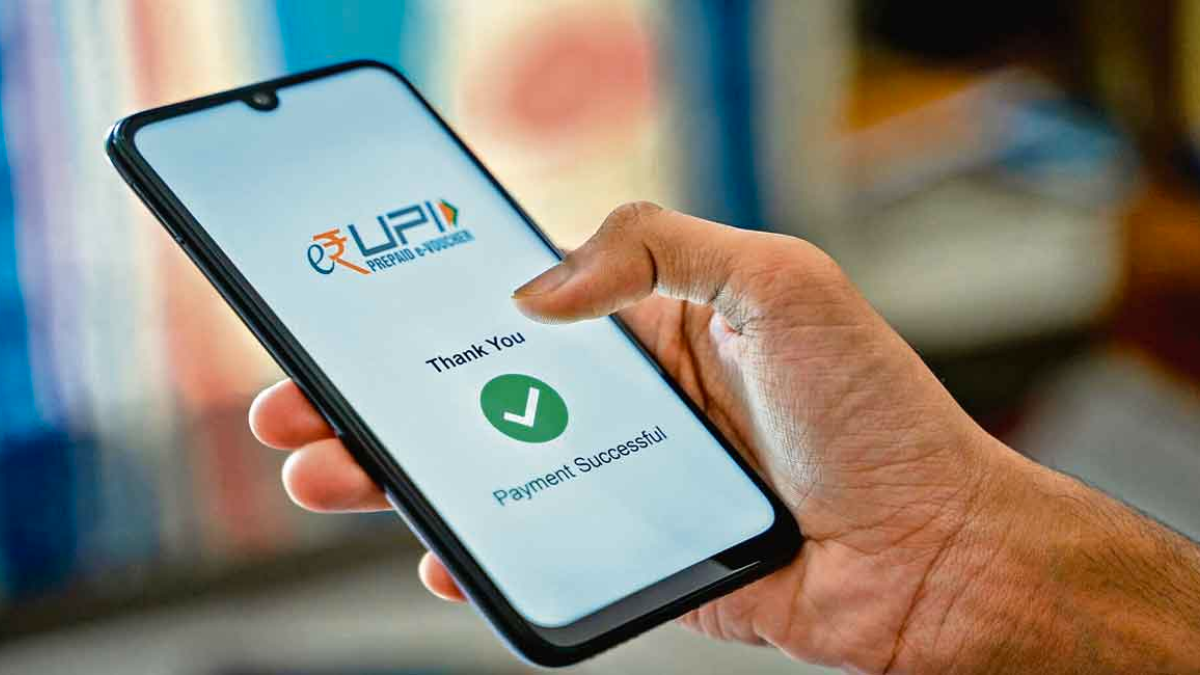The National Payments Corporation of India (NPCI) has announced intentions to expand the Unified Payments Interface (UPI) system to Saudi Arabia, Bahrain, and numerous other Gulf nations, marking a major step toward worldwide development. Because of its simplicity, efficiency, and security features, UPI, a popular mobile payment network in India, has acquired enormous acceptance. With this approach, NPCI hopes to enable cross-border financial inclusion in the Gulf area by facilitating smooth digital transactions.
Building on the success and extensive infrastructure of UPI in India, NPCI is now looking to the Gulf region to boost its digital payment ecosystem. Recognizing the enormous potential and growing demand for quick, secure, and cashless transactions, NPCI’s move to extend UPI services to Gulf nations seems to be a smart and natural step.
The extension of UPI services to Saudi Arabia, Bahrain, and other Gulf nations is projected to play a critical role in increasing cross-border financial inclusion. NPCI aspires to connect the digital payment landscapes of India and the Gulf nations by allowing people and companies in the area to trade easily via UPI. This action is expected to improve remittance flows, promote international commerce, and develop economic relations between India and the Gulf area.
The Unified Payments Interface (UPI) has transformed the way digital payments are done in India. UPI, which was introduced in 2016, enables users to connect their bank accounts to a smartphone application, providing a convenient and safe manner of completing transactions. Users may send and receive money instantaneously, pay bills, make online purchases, and much more by exploiting UPI’s interoperable and real-time payment features.
ALSO READ: Antonio Guterres proposes code of conduct to combat ‘grave’ misinformation
Enhanced Security Measures
As NPCI prepares to extend UPI services to Gulf nations, security is a primary focus. UPI has a strong two-factor authentication scheme to prevent transactions from unwanted access. Furthermore, the NPCI is required to work with local financial authorities and institutions to deploy sophisticated security measures customized to each Gulf country’s individual requirements.
While NPCI’s ambition to bring UPI to the Gulf nations is ambitious, it is crucial to recognize that it will need coordination with a variety of stakeholders, including financial regulators, banks, and technological partners. The successful deployment of UPI by NPCI in India serves as a solid platform for this growth, demonstrating the company’s ability in developing and growing new payment solutions.
NPCI’s intention to expand UPI services to Saudi Arabia, Bahrain, and other Gulf nations represents a major step forward in the region’s digital payments growth. NPCI intends to deliver the advantages of a safe, efficient, and inclusive payment ecosystem to the Gulf by leveraging the success of UPI in India and its demonstrated capacity to promote seamless transactions. This expansion has enormous potential to stimulate economic development, enhance bilateral connections, and enable people and enterprises to engage in the digital economy across borders.














